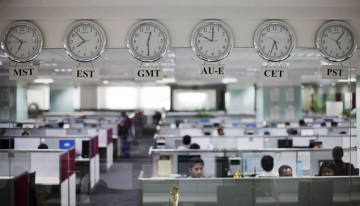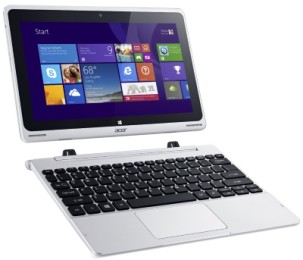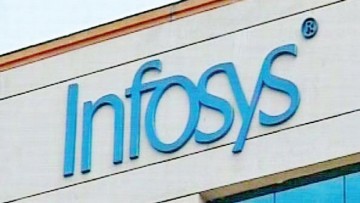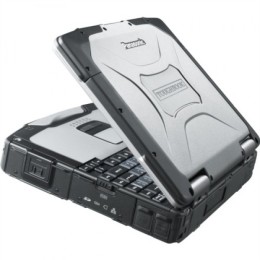 Software King over all the World, including parts of the moon, Microsoft has been helping the City of London Police with their inquiries and caused the arrest of four people suspected of committing software service fraud.
Software King over all the World, including parts of the moon, Microsoft has been helping the City of London Police with their inquiries and caused the arrest of four people suspected of committing software service fraud.
A statement published by Action Fraud confirmed that arrests were made in Woking and South Shields yesterday, following a two-year investigation.
Hugh Milward, director of legal affairs at Microsoft, said: “The names of reputable companies like Microsoft are often used by criminals to lull victims into a false sense of security.
“That’s why we partnered with the National Fraud Intelligence Bureau to track these people down and bring them to justice. It’s a collaboration which can cohesively combat and investigate computer service fraud. Today’s arrests are just the start.”
Software service fraud occurs when victims receive a call from someone claiming to be a software support expert, often from companies like Microsoft, which purport to have uncovered a fault on their machine.
The fraudster then seeks to gain access to the victim’s machine, allowing them to install malicious software.
Having gained access, there is also the possiblity of the fraudster obtaining credentials to log into bank accounts.
Action Fraud said that in the 2016/17 financial year over 34,000 software fraud claims were reported, with losses estimated to be over £20 million.
Commander Dave Clark of City of London Police said: “These arrests are just the beginning of our work, making the best use of specialist skills and expertise from Microsoft, local police forces and international partners to tackle a crime that often targets the most vulnerable in our society.”
Microsoft and City of London Police worked with other affected firms, including BT and TalkTalk, to assess tens of thousands of reports filed with Action Fraud.
Most of the calls originated from India.



















